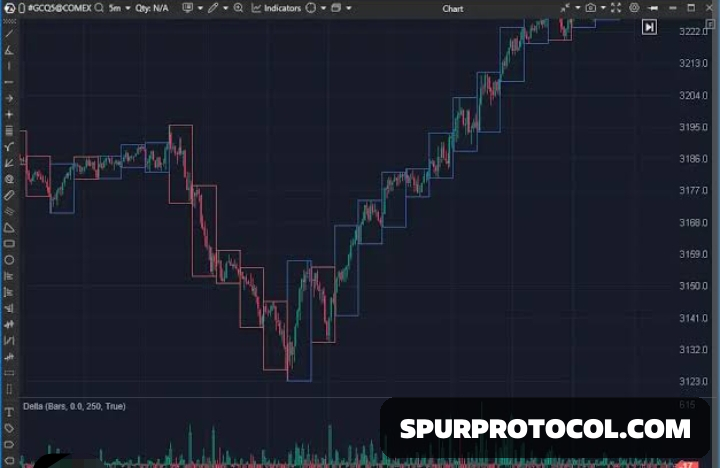The Best Timeframes For Futures Trading
Scalping, day trading, or swing trading? Learn how to pick the perfect chart timeframe for your strategy.
Go Back

🕒 8:05 PM
📅 Sep 02, 2025
✍️ By DRDEBBY
The best timeframe for analyzing a futures trading chart
The best timeframe for analyzing a futures trading chart really depends on your trading style and goals. Here’s the breakdown:
🔹 1. Scalping (Very Short-Term)
Timeframe: 1-minute, 5-minute, or 15-minute charts.
Why: Scalpers want to capture tiny price movements (ticks or points). Lower timeframes show more detail for quick entries and exits.
Downside: Very noisy, requires constant focus, and high stress.
🔹 2. Day Trading (Short-Term)
Timeframe: 5-minute, 15-minute, and 1-hour charts.
Why: These help you catch intraday price swings without holding overnight.
Strategy: Usually traders combine a higher timeframe (1H/4H) for trend direction and a lower timeframe (5m/15m) for entries.
🔹 3. Swing Trading (Medium-Term)
Timeframe: 4-hour, Daily, and sometimes Weekly charts.
Why: Swing traders hold positions for days to weeks. Higher timeframes filter out noise and give clearer signals of trend direction, support, and resistance.
🔹 4. Position Trading / Investing (Long-Term)
Timeframe: Daily, Weekly, Monthly charts.
Why: Focus is on major market trends. Traders don’t care about short-term volatility but only big directional moves.
✅ General Rule of Thumb (Multi-Timeframe Analysis)
Most successful futures traders don’t rely on just one timeframe. They use a top-down approach:
1. Higher timeframe (Daily/4H): Identify the main trend and key levels.
2. Medium timeframe (1H): Look for trend continuation or reversal patterns.
3. Lower timeframe (5m/15m): Pinpoint entries and exits.
👉 So, the best timeframe depends on whether you are scalping, day trading, or swing trading. But for most people, combining 4H + 1H + 15m works well — it balances the big picture with precise entries.

